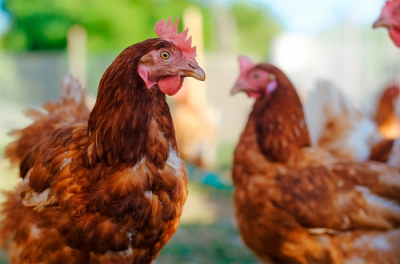

Coccidiosis in Poultry
Coccidiosis is a parasitic disease that affects poultry and is caused by protozoa of the genus Eimeria, especially the digestive tract. Eimiria has a wide variety of species whose predication sites vary in the intestines of poultry. The disease can cause illness and death by up to 80%, which results in significant losses on poultry farms.
Factors that affect the incidence of coccidiosis are the number of damaged stem cells, the amount of oocyst infection, the pathogenicity of coccidia strains, breed, age, nutritional status, other disease, stress, degree and time of infection, and immunity.
When infected with coccidia, poultry experience stunted growth, decreased body weight and carcass quality, decreased egg production, and death. More pathogenic species of Eimiria can cause mucoid or hemorrhagic diarrhea. This form of diarrhea is usually followed by dehydration, standing up, anemia, lethargy, weakness, bending the head and neck, and drowsiness.
Accurate and fast diagnosis is one of the main steps in coccidiosis management. The diagnosis method is based on clinical observation and morphological examination of Eimiria oocysts found in chicken excreta.
One of the disease controls that can be done is through preventive measures, such as controlling the level of husk moisture and chicken density. Sampling and calculation of oocysts can be done periodically to find out the number of oocysts and the right time for oocyst control with Totracox or Agri Pro.
You may also like

Probiotic to Optimize Egg Production and Improve t...
In the poultry industry, production efficiency is...

Probiotics’ Impact on Lowering Ammonia Levels and...
Air quality within poultry houses is a crucial fac...

The Role of Prebiotics in Supporting Gut-Associate...
Gut-Associated Lymphoid Tissue (GALT) is the large...